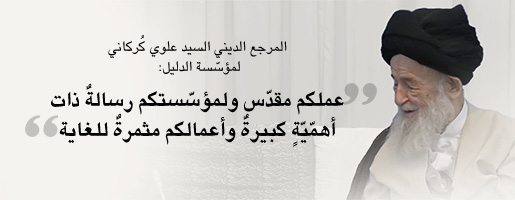

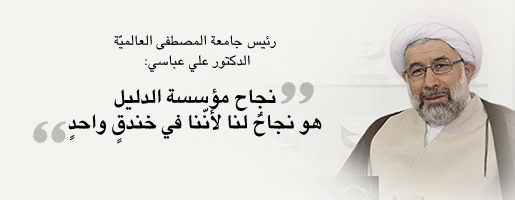
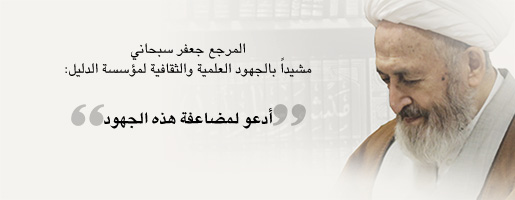
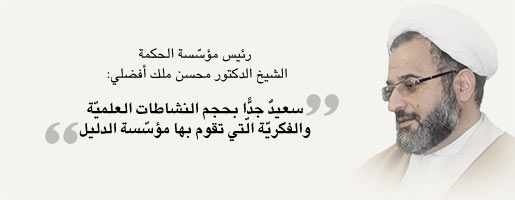
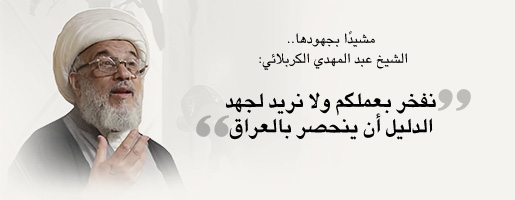
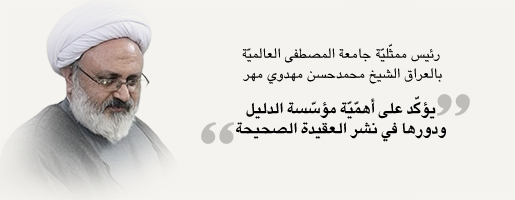
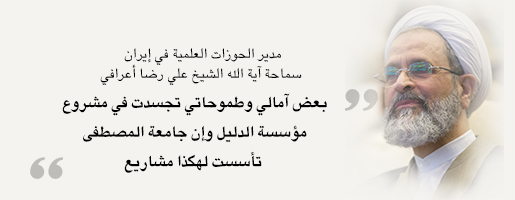
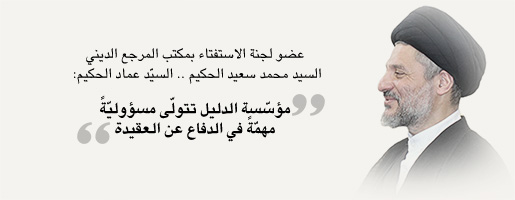
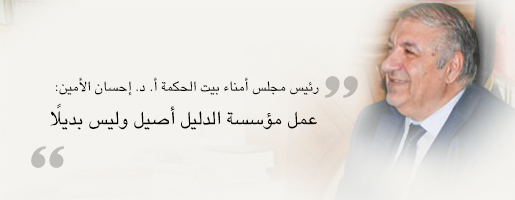
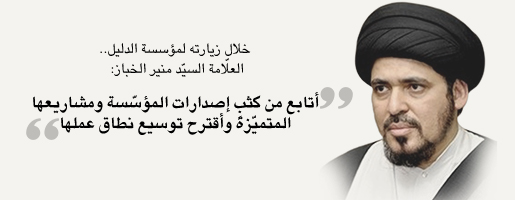
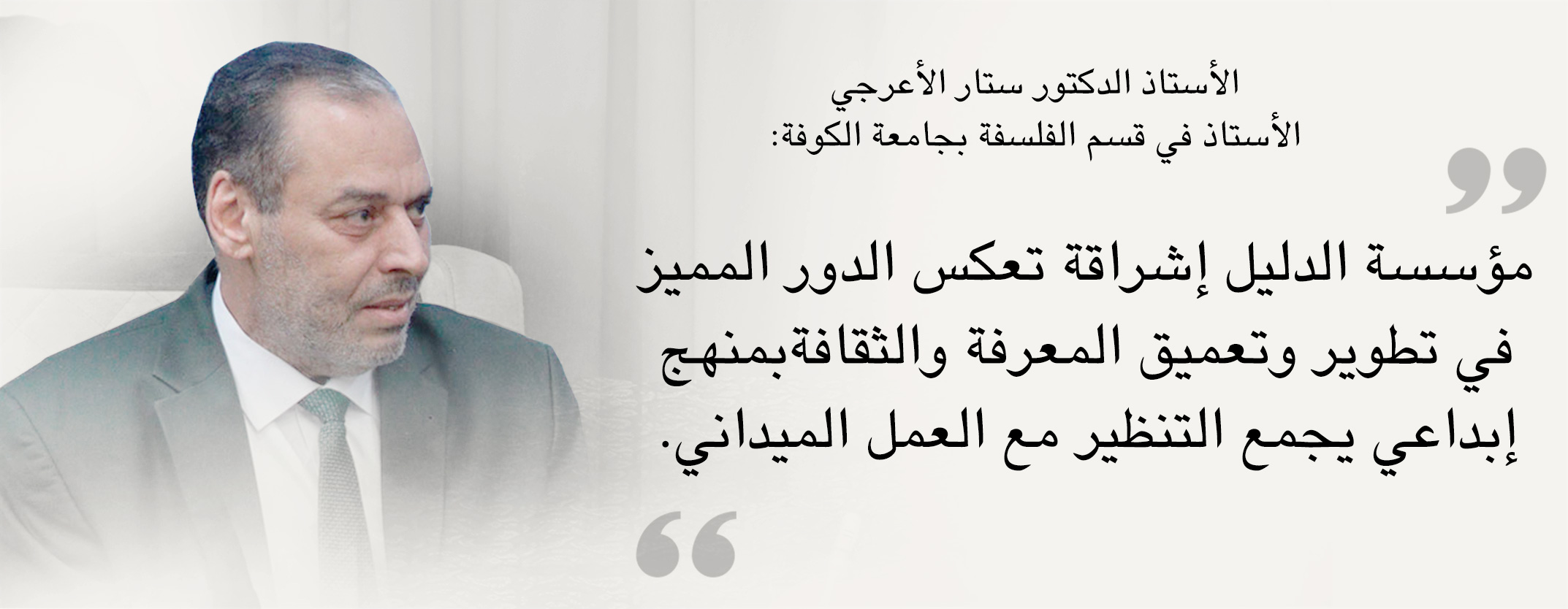
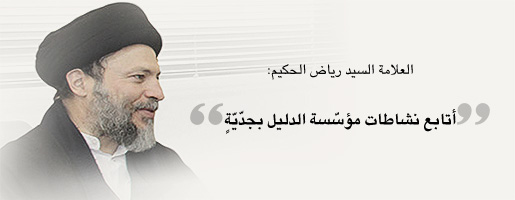
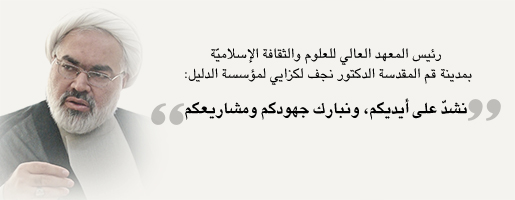
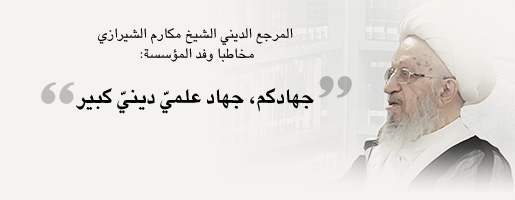
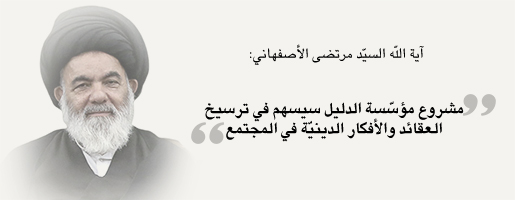

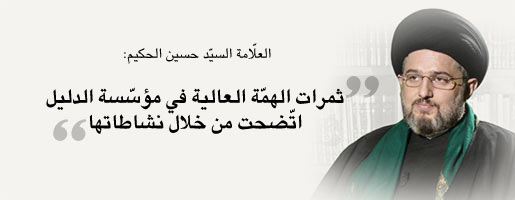
Hamid neek fikr
Hussein Rezaei
Summary
The analysis of the nature of revelation, the criteria for revelatory teachings, their foundational principles, and the question of whether revelation has ceased or continues is a central focus in modern theological discourse on the concept of revelation. Among the challenges posed to understanding revelation is the hypothesis that the language of the Qur’an is not the language of wakefulness, but rather that of the "prophetic vision." Proponents of this view assert that the Qur’an employs a symbolic dream language, suggesting that the Prophet (Peace be upon him) was not directly addressed by God with specific words to convey to the people. Instead, they argue that the Prophet acted as a narrator and witness to scenes he experienced in his dreams, necessitating dream interpretation rather than textual exegesis. This article employs a documentary and descriptive method to analyze the evidence for and against this hypothesis. The research findings demonstrate that the Qur’an is not a product of the Prophet (Peace be upon him) but is entirely divine in origin. This conclusion is consistently reinforced by Qur’anic verses, which repeatedly attribute the Qur’an’s content to God (the Almighty) and, at times, to Gabriel as the mediator. Additionally, this understanding is supported by numerous narrations. Therefore, the Qur’an is affirmed as a divine text, revealed by God one time, and by Gabriel another.
